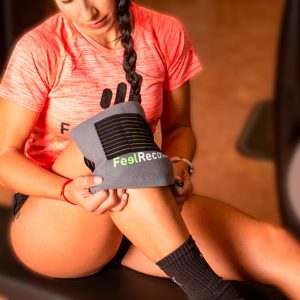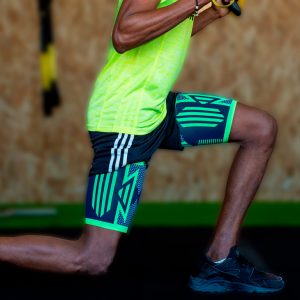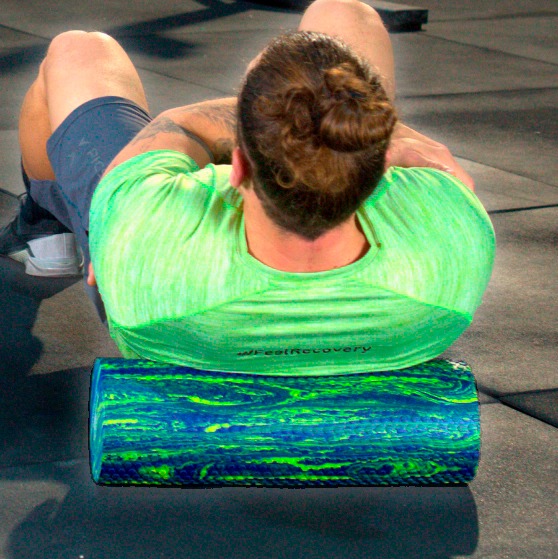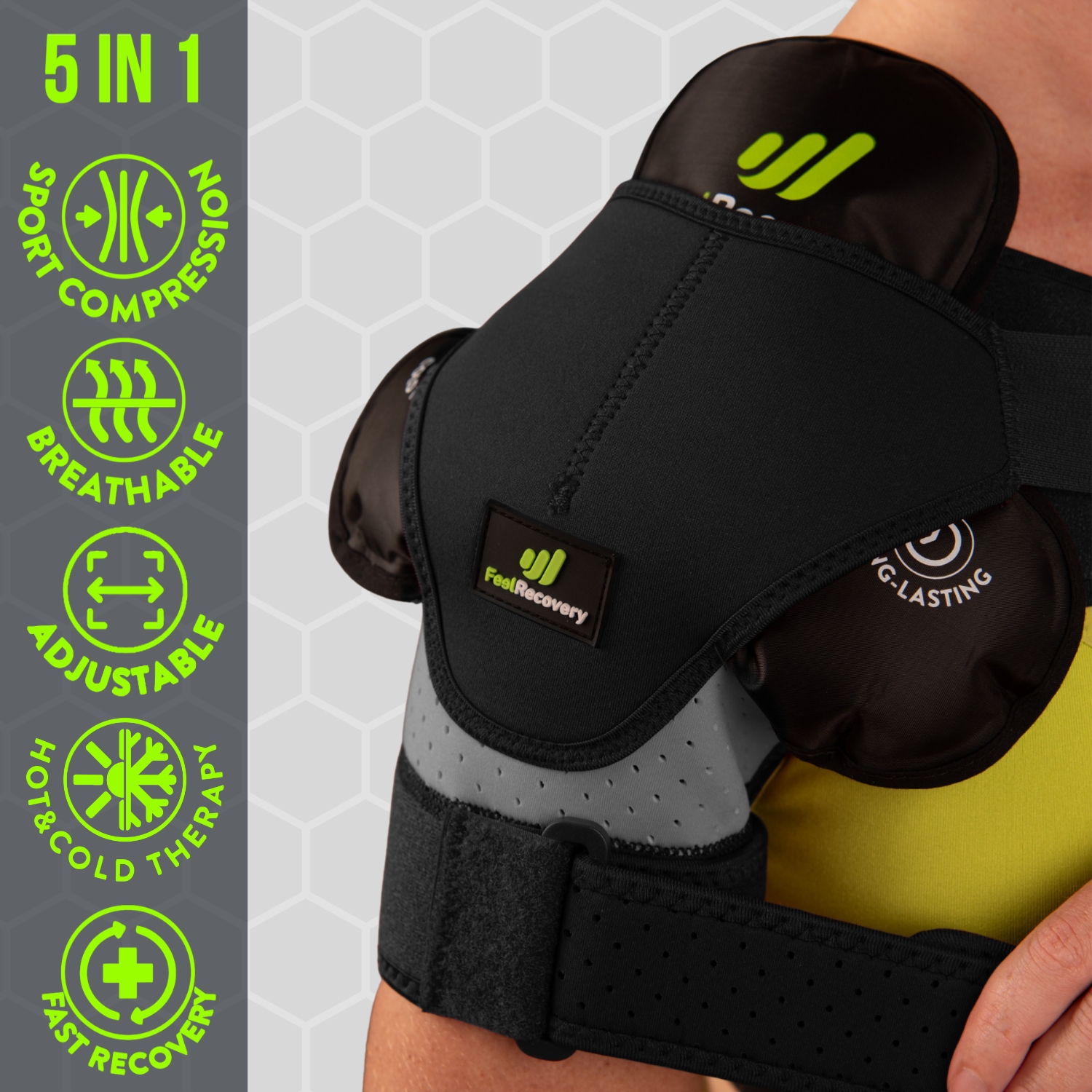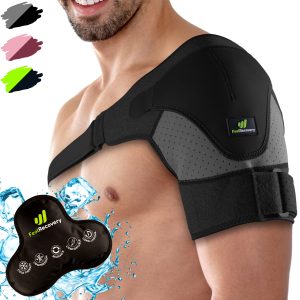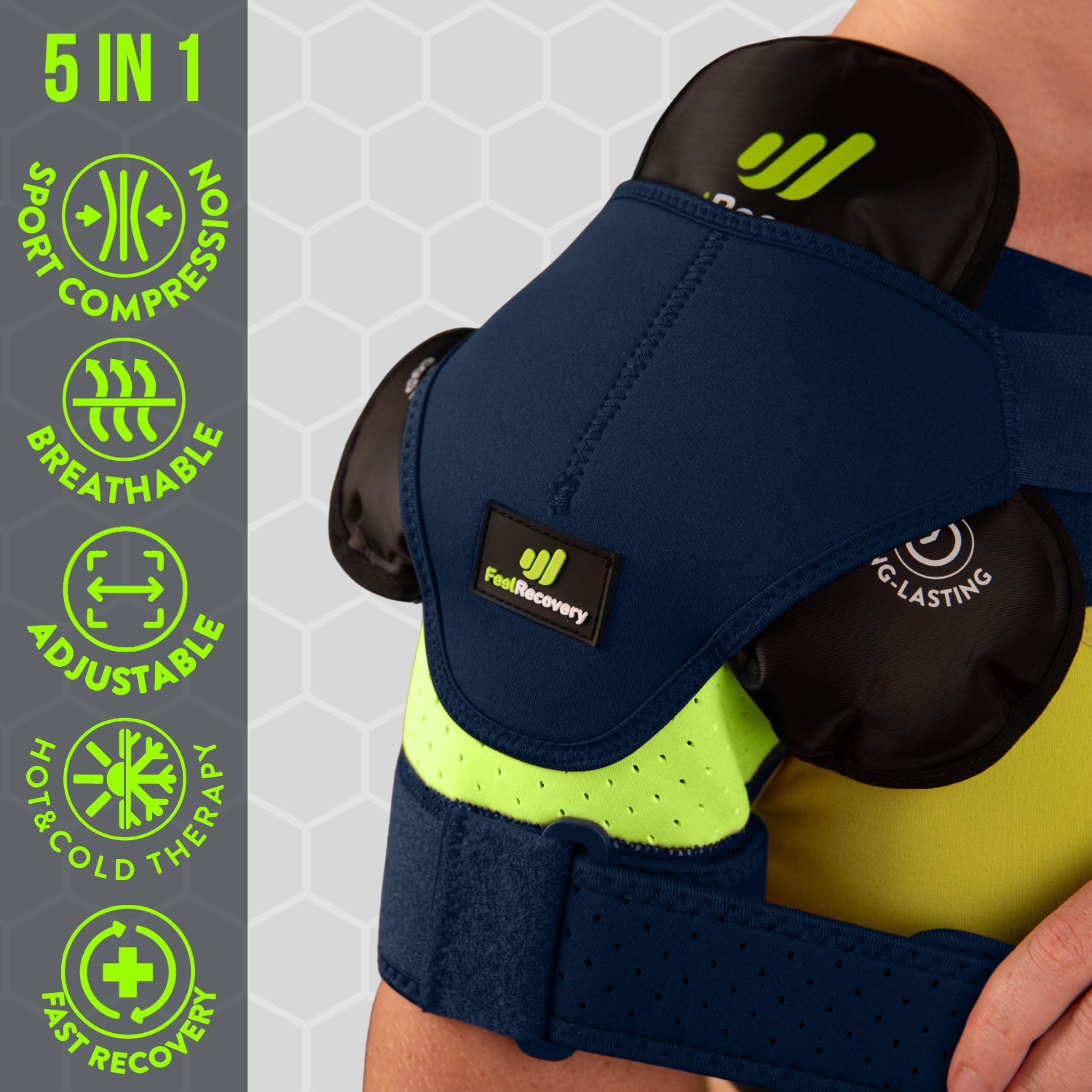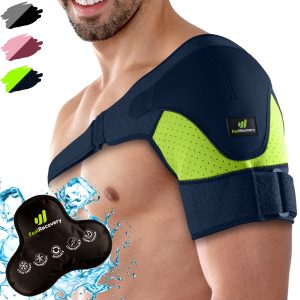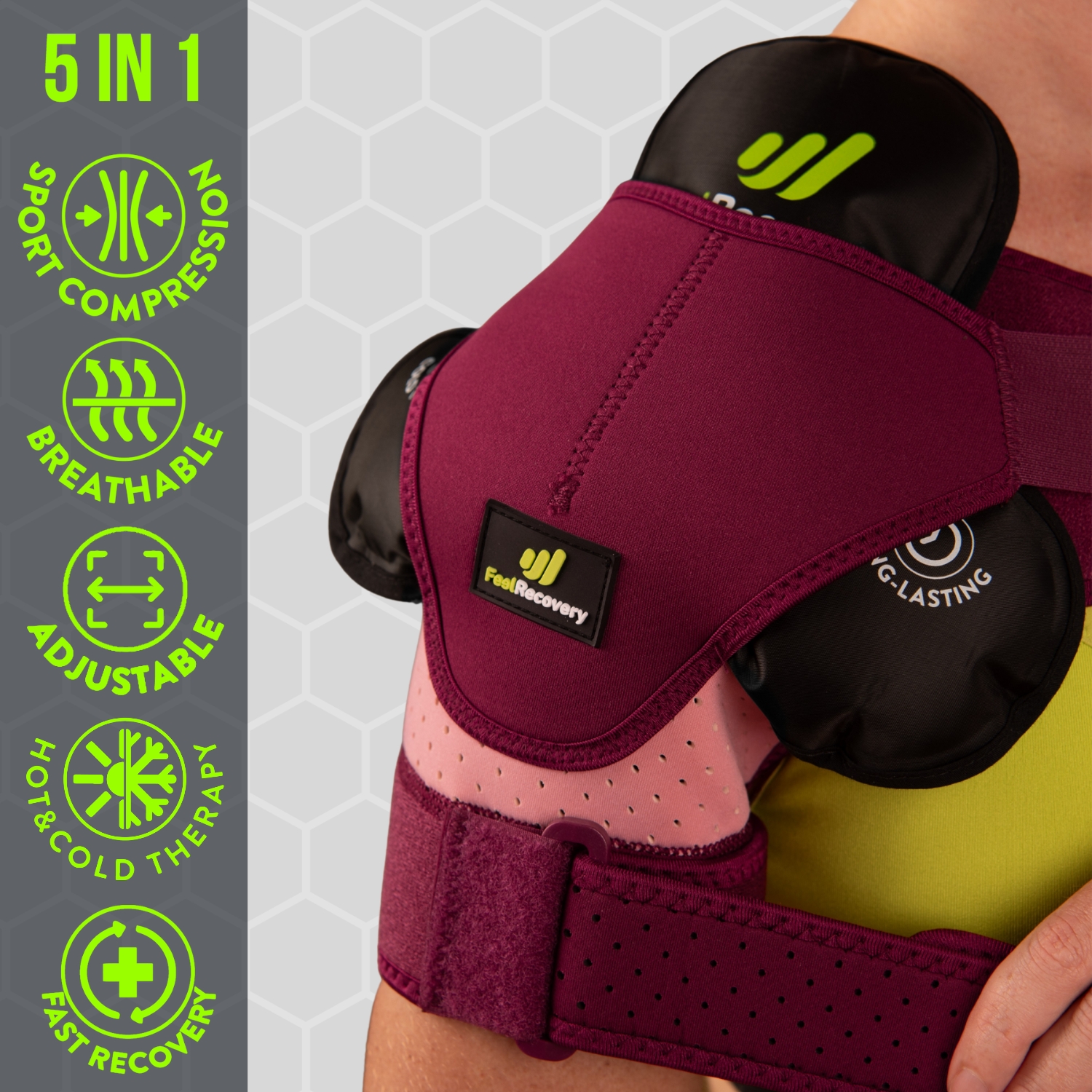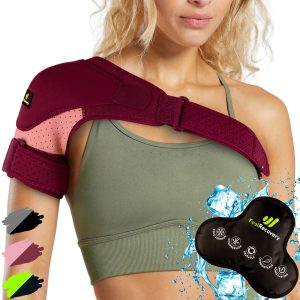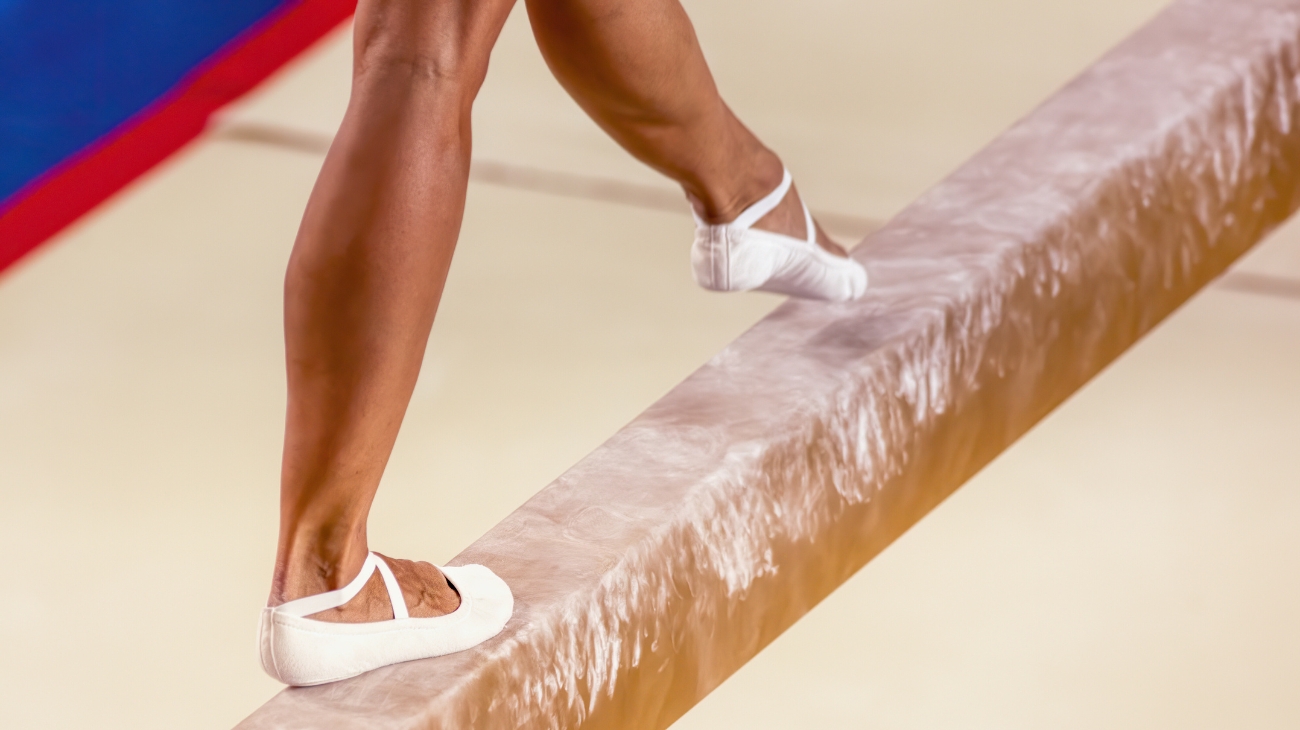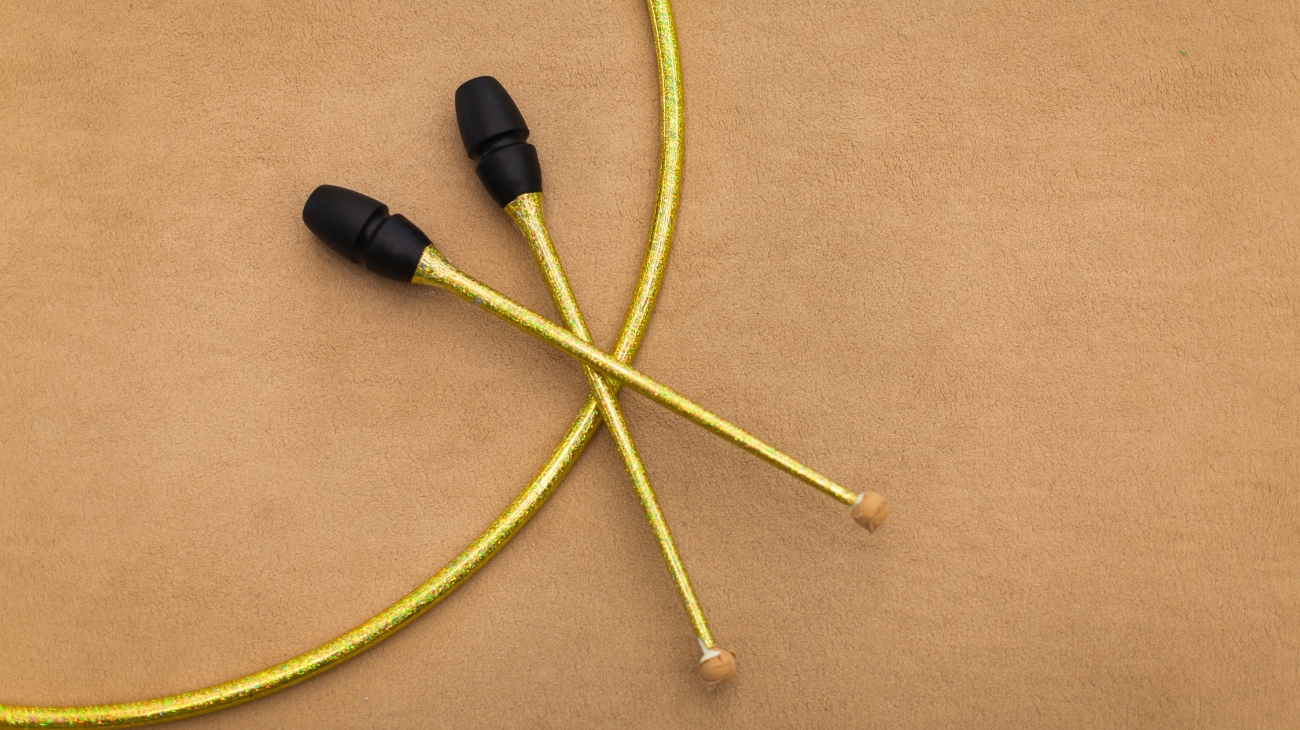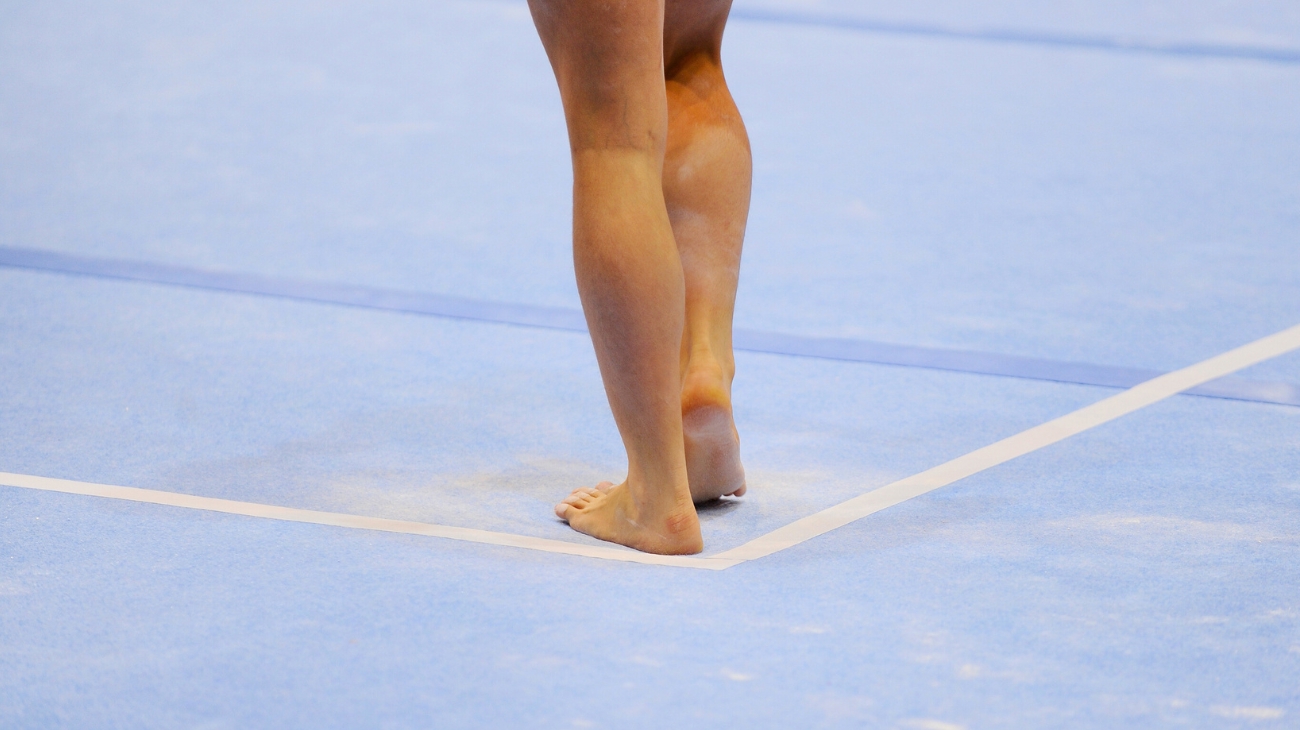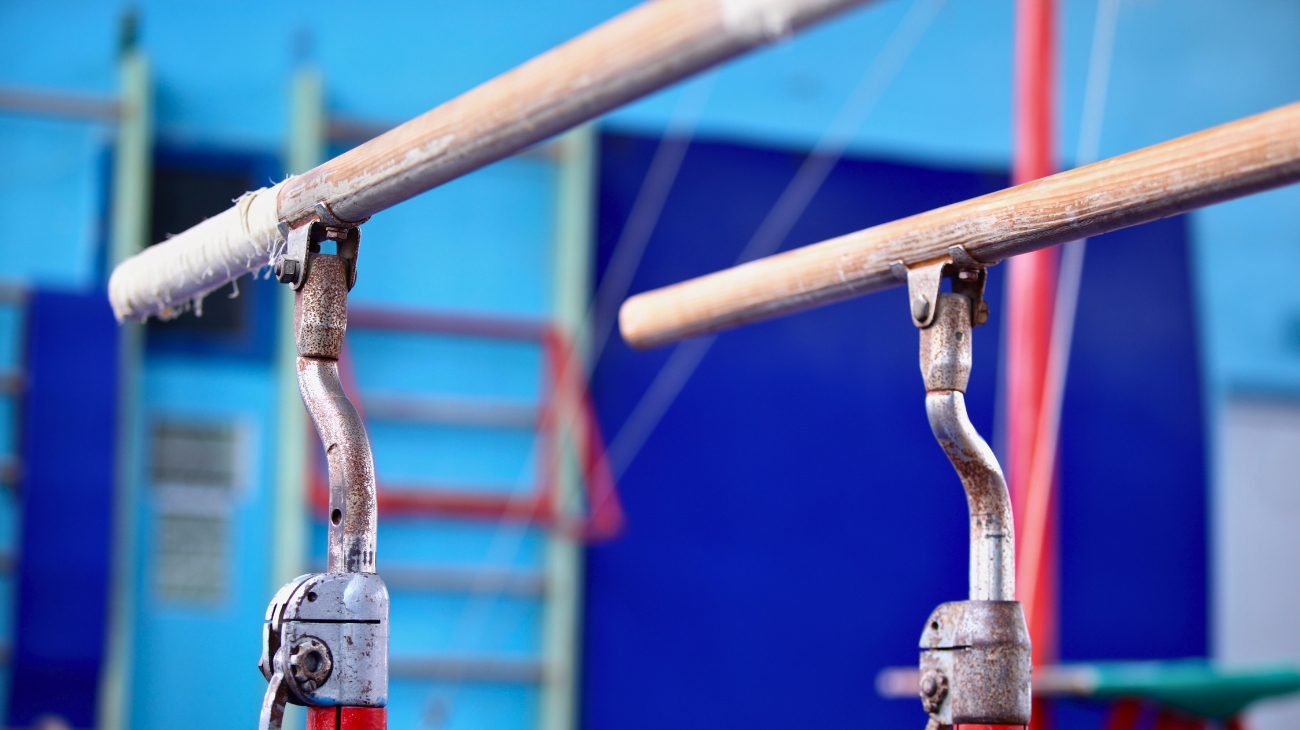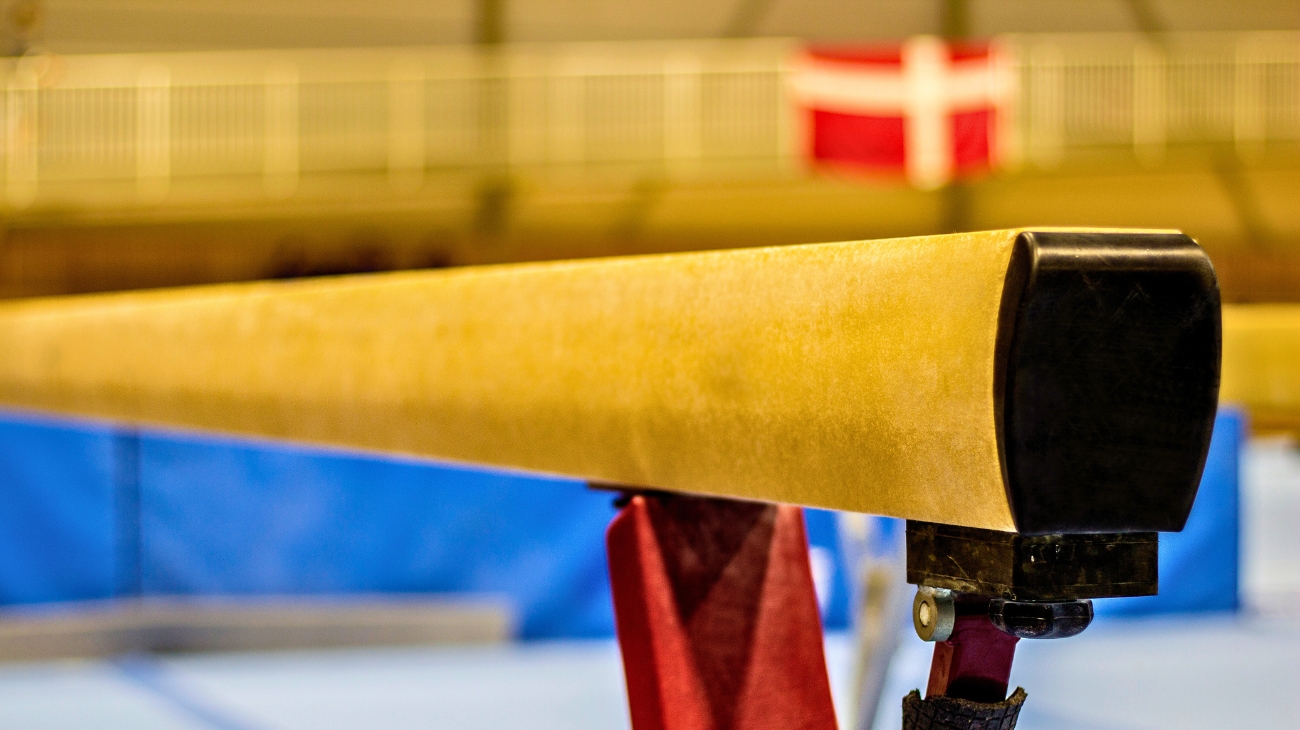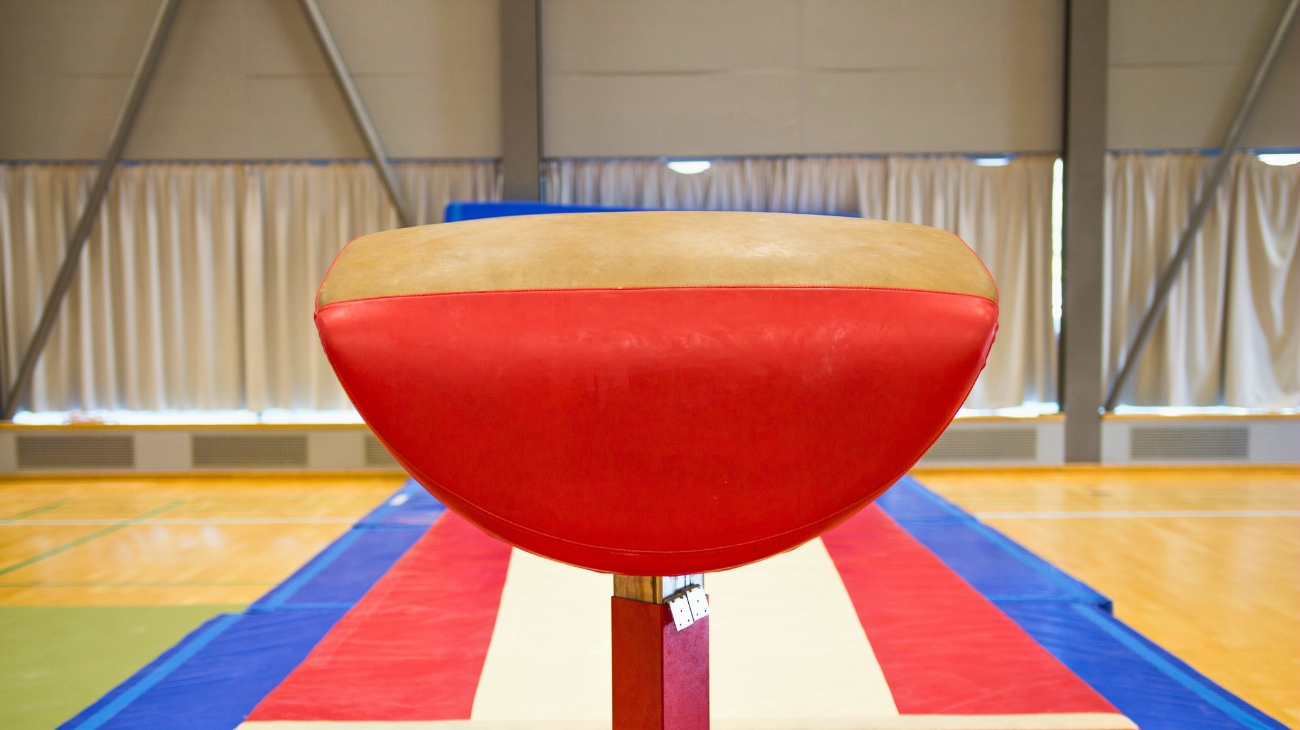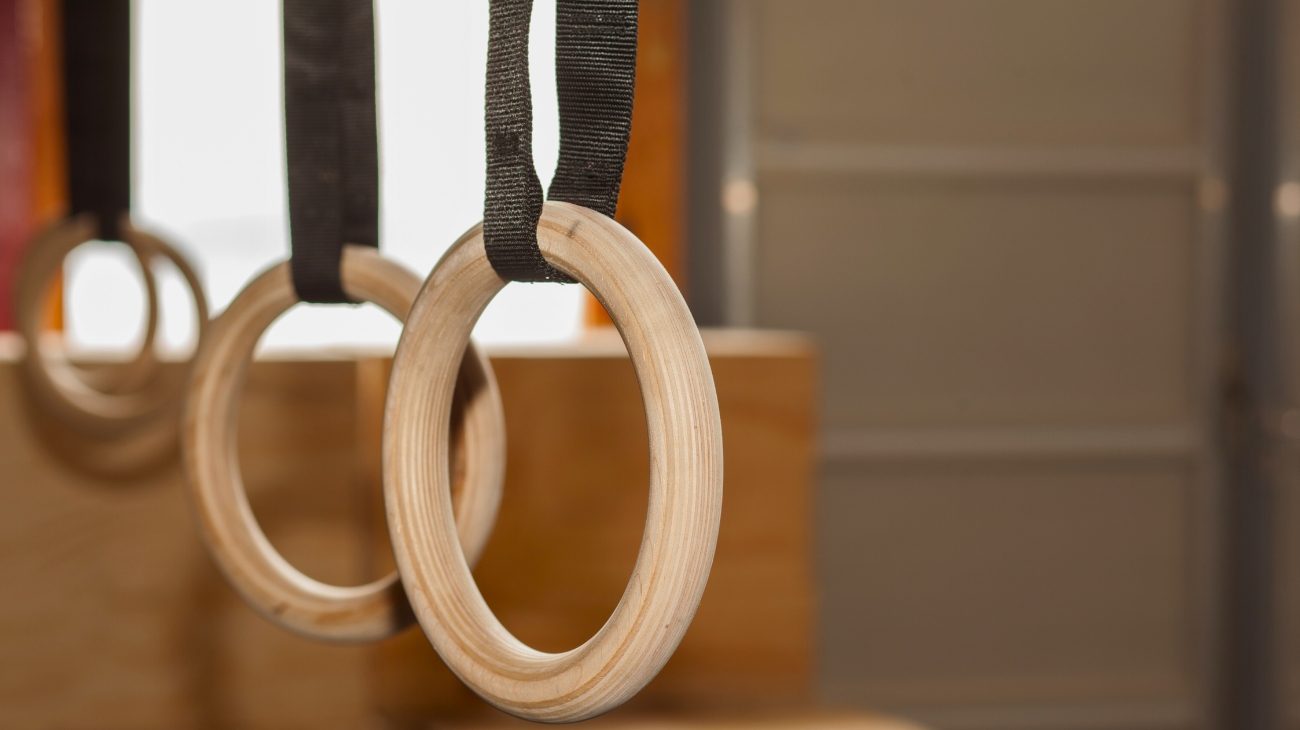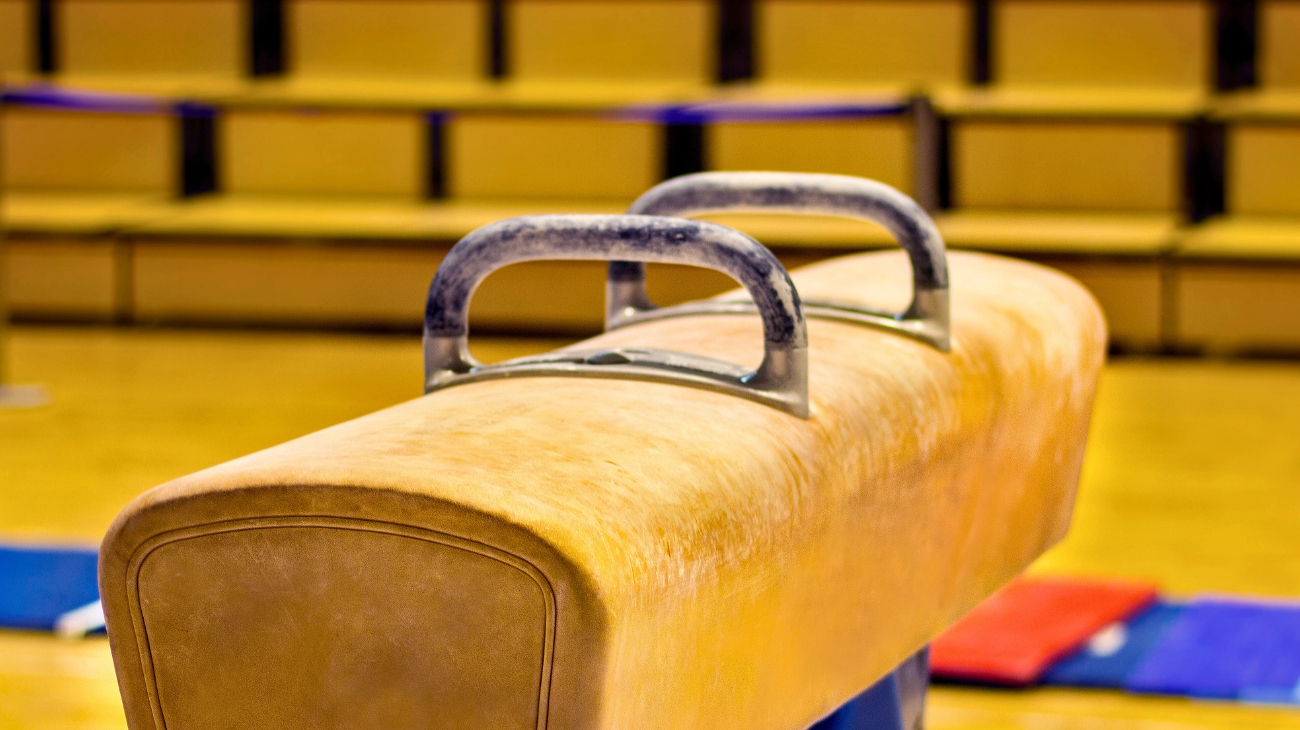Gymnastics is a physically demanding sport that requires immense upper-body strength and flexibility. The shoulders play a crucial role in supporting the weight of the body during handstands, flips, and bars routines. However, these activities place gymnasts at a high risk of shoulder injuries such as rotator cuff strains, dislocations, and labral tears. Shoulder braces, supports, and compression sleeves are essential for preventing and managing these injuries.
Shoulder braces and supports provide stability and protection during rigorous routines. They help maintain joint alignment and reduce the risk of sudden dislocations by limiting excessive movement. Braces with adjustable straps offer a customizable fit, ensuring that the shoulder remains supported without restricting mobility. This is especially helpful for gymnasts recovering from previous injuries who need additional reinforcement during training and competitions.
Compression sleeves for the shoulder offer targeted compression that promotes blood circulation and reduces muscle fatigue. Improved blood flow helps in delivering oxygen and nutrients to the shoulder muscles, which aids in faster recovery and reduces the chances of cramps and strains. These sleeves are particularly beneficial for gymnasts who experience repetitive stress injuries from activities like rings, vault, and uneven bars.
In addition to providing stability, shoulder braces and supports help reduce pain and inflammation. Many high-quality braces are designed with breathable and moisture-wicking materials like neoprene, which keeps the shoulder cool and dry during intense workouts. Some braces also incorporate gel padding or heat therapy to alleviate soreness and stiffness.
For gymnasts dealing with rotator cuff injuries, shoulder supports with rotational control can prevent overextension and facilitate a safer range of motion. This allows athletes to train with confidence, knowing that their shoulders are protected from further damage. Braces that include double-strap systems are excellent for providing both compression and immobilization when needed.
Another important consideration is the design of the brace. Look for lightweight and non-restrictive designs that allow for a full range of motion, which is critical in gymnastics. Anti-slip features ensure the brace stays securely in place during flips, handstands, and dynamic movements.
Gymnasts who suffer from chronic shoulder issues, such as shoulder impingement syndrome or bursitis, can benefit from wearing compression sleeves during both practice and recovery. These sleeves help manage inflammation and provide gentle support without limiting mobility. Regular use of these supports can help prevent recurring injuries and maintain peak performance.
In summary, incorporating shoulder braces, supports, and compression sleeves into a gymnast’s routine is a proactive step toward injury prevention and efficient recovery. These products provide the stability, support, and compression needed to keep gymnasts performing at their best, reducing the risk of debilitating injuries and ensuring long-term success in the sport.
FAQ: Frequently Asked Questions
How do shoulder braces help gymnasts?
Shoulder braces stabilize the joint, prevent excessive movement, and reduce the risk of dislocations and other injuries during routines.
What is the best support for rotator cuff injuries?
A shoulder brace with adjustable straps and rotational control offers the best support for rotator cuff injuries, providing stability without limiting movement.
Can compression sleeves help with shoulder pain?
Yes, compression sleeves reduce muscle fatigue, improve circulation, and alleviate inflammation, helping to manage shoulder pain.
Are shoulder braces comfortable to wear during gymnastics?
Yes, modern shoulder braces are designed with lightweight, breathable materials and adjustable features to ensure comfort and flexibility during routines.
How do I care for my shoulder brace?
Hand wash your brace with mild detergent and let it air dry to maintain its elasticity and support.


